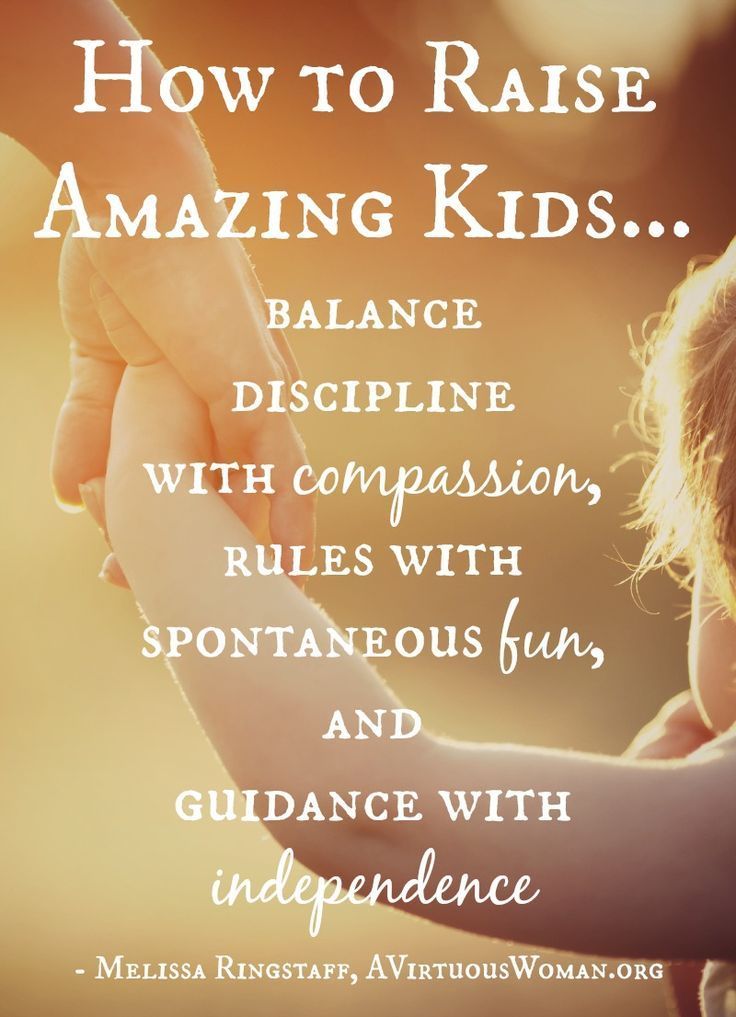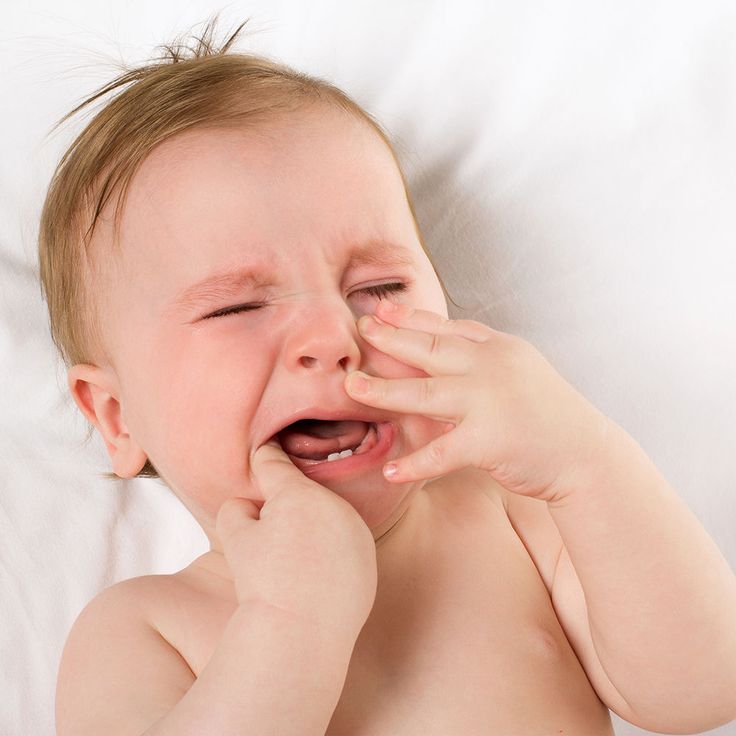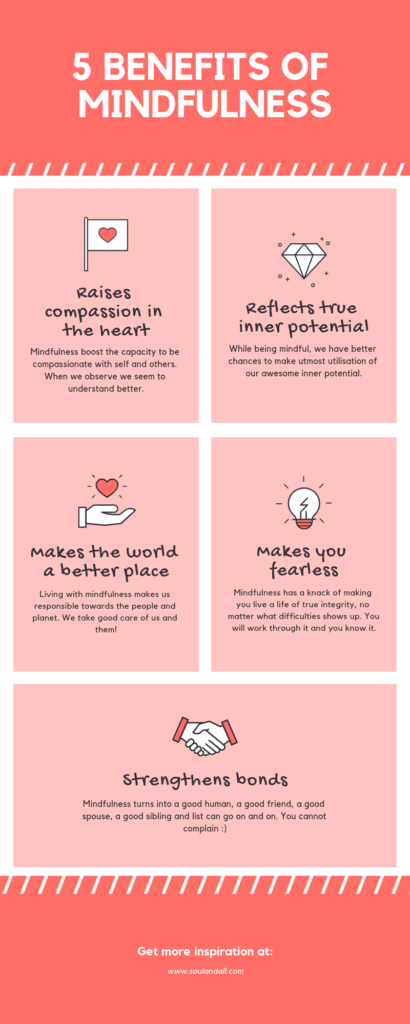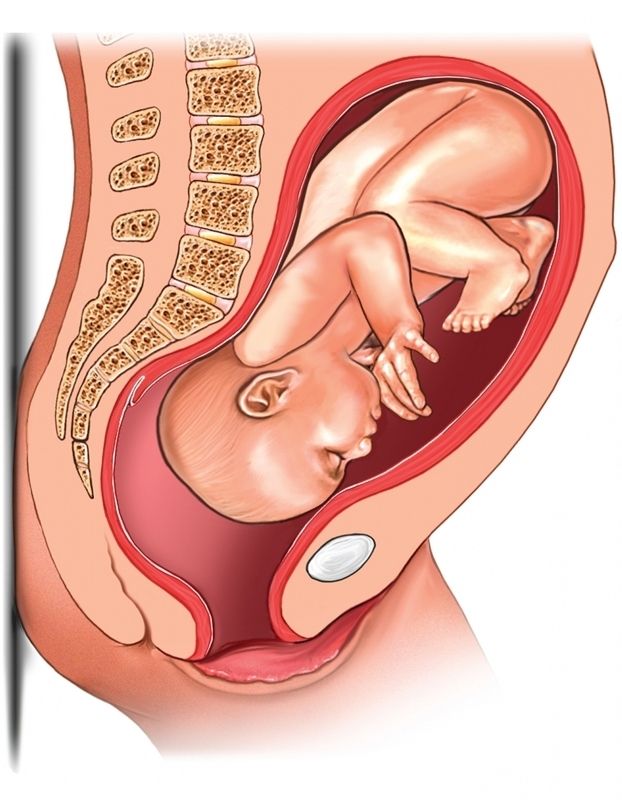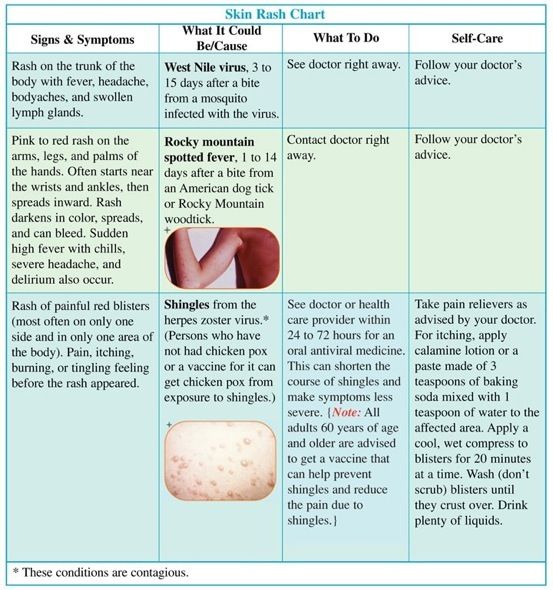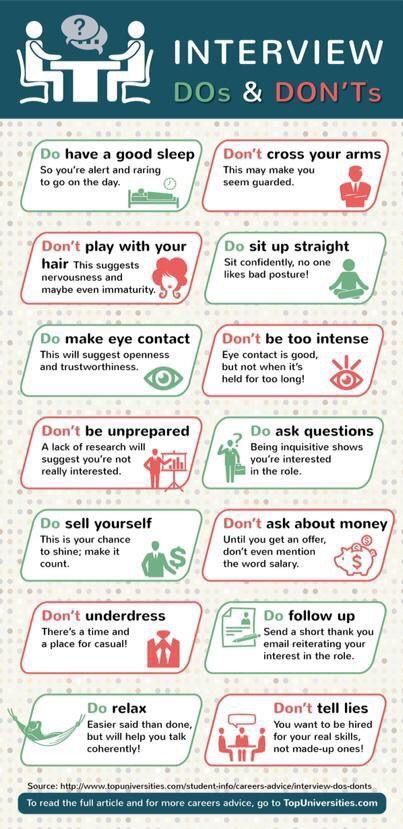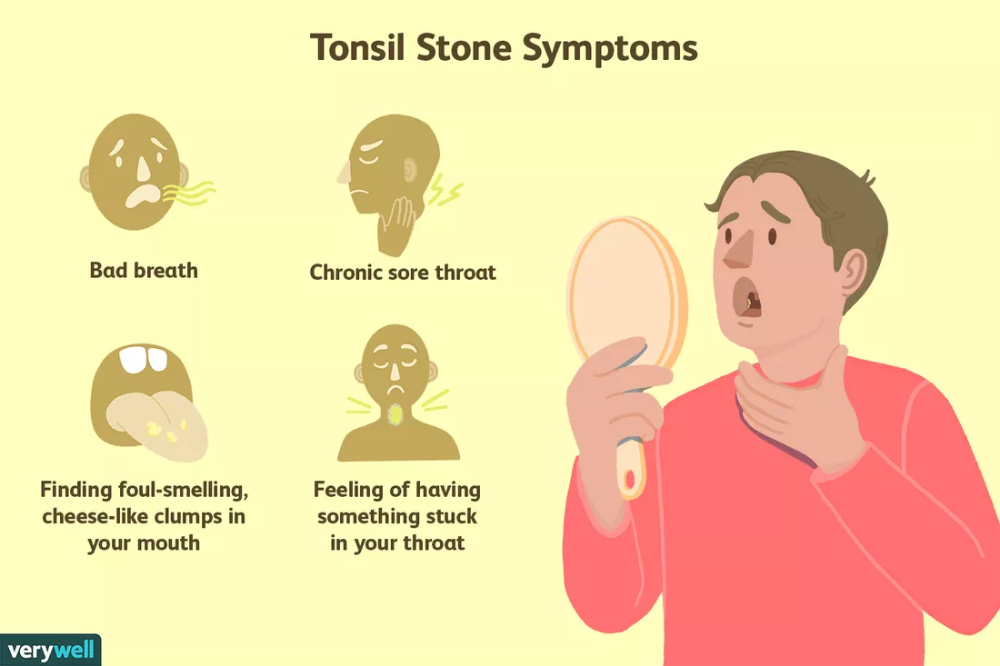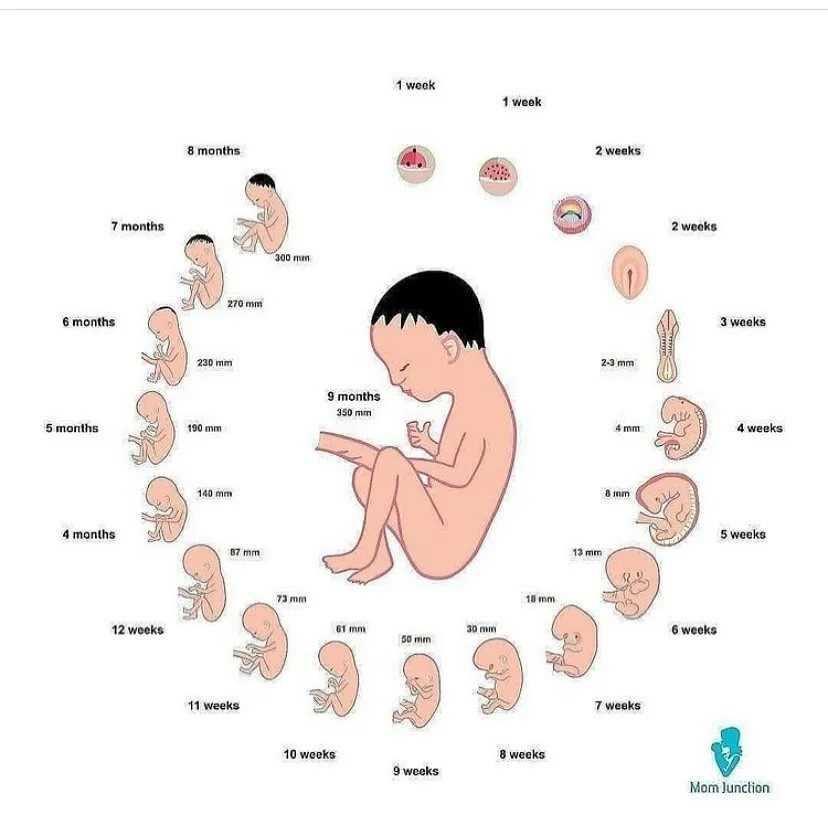Why am i so tired being pregnant
The Most Tired You've Ever Felt
Growing a human is exhausting. It’s as if a magical spell was cast the day your pregnancy test came back positive — except Sleeping Beauty’s fairy didn’t gift you with 100 years of rest and true love’s kiss is what got you into this.
If only you could sleep more…
It’s completely normal for a pregnant woman to feel fatigued, especially during the first and third trimesters.
Somewhere between morning sickness and elastic waistbands, Little Bo-Peep has lost your sheep (she probably sold them to Sleeping Beauty) and there are none left for you to count to sleep.
One of the first signs of pregnancy is fatigue. It smacks you by surprise, like the sliding glass door you assumed to be open.
Beginning as early as conception and implantation, pregnancy hormones instantly affect your body, mood, metabolism, brain, physical appearance, and sleep pattern.
In the second trimester, which begins at week 13, many women get a fresh surge of energy. This is a great time to tackle those important before-baby-arrives chores, because as you enter the third trimester, which begins at week 28, that extreme exhaustion returns.
Simply put, you feel tired because you’re growing a baby.
In addition to hormonal changes, physical and emotional changes also lower your energy levels and make you feel fatigued.
Some of these changes include:
- increased levels of estrogen and progesterone (which, by the way, acts as a natural sedative)
- lower blood pressure and blood sugar
- increased blood flow
- disrupted sleep
- digestion issues
- morning sickness
- stress and anxiety
- frequent urination
- heartburn
- back, hip, and pelvic pain
When to contact your doctor or midwife
If insomnia, restless legs syndrome (the uncontrollable urge to move your legs while resting), sleep apnea (a potentially serious disorder in which breathing repeatedly stops and starts), preeclampsia, or any other condition is hindering your sleep, talk to your doctor or midwife during your next appointment.
Other reasons to contact your doctor or midwife include, if you:
- feel concerned that the pregnancy fatigue is a sign of something more, like anemia, gestational diabetes, or depression
- develop any changes in your vision
- experience dizziness
- urinate less frequently
- have shortness of breath, pain in your upper abdomen, or heart palpitations
- experience severe headaches
- notice a swelling of your hands, ankles, and feet
Your healthcare practitioner can help you uncover any problems and offer additional solutions.
Growing a baby obviously takes a toll on your body. Don’t ignore the signals your body is sending you. Reach out to others if you’re struggling to sleep throughout your pregnancy. Ask for help from your partner.
No matter how tired you get, you should avoid taking any over-the-counter medicines as a sleeping aid.
Most pregnant women should spend at least 8 hours in bed, aiming for at least 7 hours of sleep every night. If possible, try going to sleep a little earlier than usual.
If possible, try going to sleep a little earlier than usual.
As your body changes, make sleep a priority and follow these tips to combat pregnancy fatigue:
Keep your bedroom dark, clean, and cold
Create the right atmosphere for optimal rest.
In order for your body to reach deep sleep, cover any windows with blackout curtains. Turn off any digital clocks and unplug nightlights illuminating a glow (cover the display with electrical tape if you don’t want to completely turn the device off).
Set the bedroom temperature a little cooler than the rest of your home, for optimal quality of sleep. Eliminate any needless clutter and wash your bedsheets often. Save your bed for sleep, cuddling, and sex.
Take a nap
Napping can make up for any sleep lost at night, due to frequent trips to the bathroom, body aches, and every other pregnancy irritation. Avoid napping in the late afternoon and early evenings.
If your employer frowns upon nap time, find a good spot in the breakroom and put your feet up while you eat lunch.
Eat healthy meals and stay hydrated
In the beginning, pregnancy can also lower your blood pressure and blood sugar, which can make you feel tired. But a lack of sleep can cause your blood sugar levels to rise, increasing the risk for gestational diabetes.
Keep your blood sugar and energy levels balanced by eating often, such as six small meals a day. Frequent meals that are high in nutrients and protein help to combat fatigue.
To avoid nighttime leg cramps, stay hydrated by drinking enough water and fluids throughout the day.
Keep a pregnancy journal or dream diary
Keep a journal throughout your pregnancy. If you’re feeling anxious or stressed, try writing in it.
Pregnant women experience more vivid dreams and better dream recall, due to hormonal shifts affecting sleep patterns, increased fatigue, and repeatedly waking in the middle of a sleep cycle.
Sleep diaries can also be enlightening, providing concrete data about your bedtime, how long it takes for you to fall asleep, nighttime awakenings, awake time, and sleep quality.
Avoid caffeine after lunchtime
As far as stimulants go, caffeine may keep you awake long into the night or cause you to wake more frequently. It can also keep your baby active, kicking and rolling around inside your belly as you try to sleep.
Experts recommend pregnant women limit their caffeine intake to two home-brewed cups of coffee, or less than 200 milligrams, per day.
Pamper yourself
Ask for help from family and friends. Take a warm bath. Ask your partner for a massage. Take a break.
Wear soft, non-restrictive clothing and sit in a cozy chair with a good book and read for a little bit. Light a lavender candle. Play soothing instrumental music. Have a cup of warm chamomile tea.
You get it.
Exercise
The demands of pregnancy together with the weight gained puts an enormous amount of pressure on your body.
In addition to more restful sleep, The American College of Obstetricians and Gynecologists states the following benefits of exercise during pregnancy:
- reduced back pain
- eased constipation
- decreased risk of gestational diabetes, preeclampsia, and cesarean delivery
- healthier weight gain during pregnancy
- improved overall general fitness
- strengthened heart and blood vessels
- improved ability to lose the baby weight after your baby is born
It can take a few hours for your body to fully wind down after energetic workouts, so plan for any physical activity to take place earlier in the day.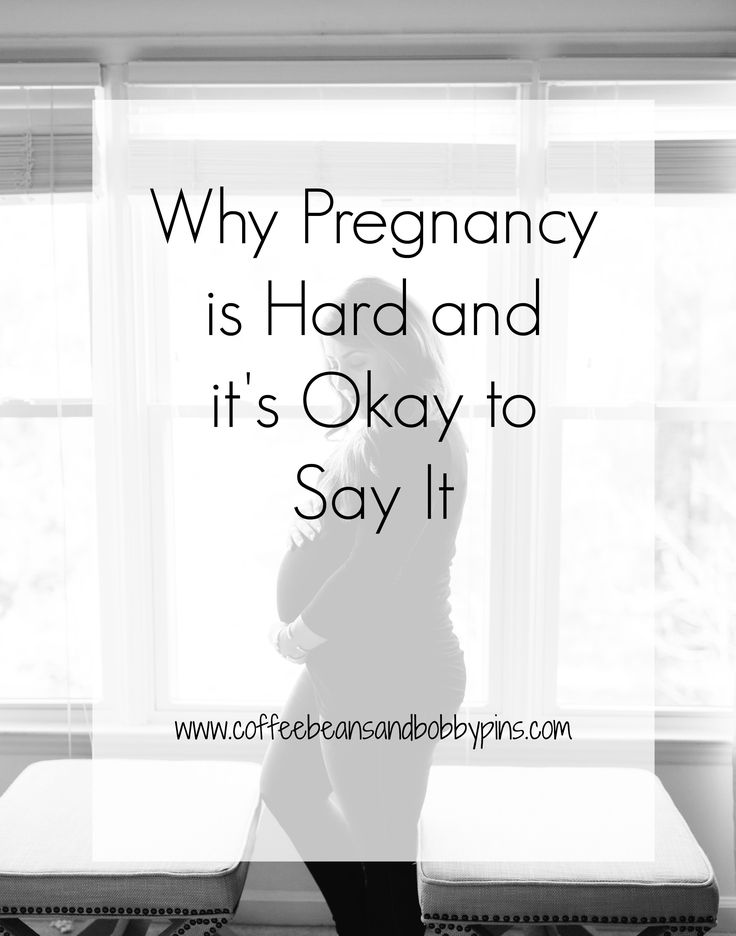 If the exercise is light, like yoga, it’s unlikely to interfere with your sleep.
If the exercise is light, like yoga, it’s unlikely to interfere with your sleep.
Always check with your medical practitioner or midwife before beginning a new exercise program during pregnancy.
Pregnancy can be a tiring experience — both emotionally and physically. It’s important to remember: You are not alone.
Nearly all women experience more fatigue than usual at some point during their pregnancy. Take it as a message from your body. It’s telling you to rest, and you should definitely listen.
Pregnancy: Can Fatigue Be a Sign of a Health Problem?
By Regan Olsson , Contributing Writer
Sep 20, 2021
Better Me
Are you dragging these days? Does a nap sound fantastic right now?
Life can be exhausting at times, but especially when you’re pregnant. It’s totally normal to have some degree of fatigue right now—you are growing a human inside of you!
“Fatigue may be one of the most common first symptoms of pregnancy a woman experiences,” said Kelley Saunders, MD, an OBGYN at Banner – University Medicine Women’s Institute in Phoenix, AZ. “It is very common and quite significant in the first trimester. For many women, this improves in the second trimester and returns in the late third trimester.”
“It is very common and quite significant in the first trimester. For many women, this improves in the second trimester and returns in the late third trimester.”
Although it’s common among pregnant women, you may still wonder why.
Why does pregnancy make you so tired?
The biggest reason: It’s hard work making a baby and it can be taxing to your body. “Your body has to adjust to maintain your health and the health of the baby inside of you,” Dr. Saunders said. “The physiologic changes and increased metabolic demand start in early pregnancy and can continue even after childbirth while breastfeeding.”
Beginning somewhere between conception and implantation, pregnancy hormones kick in – affecting your body, mood and sleep. During the first trimester, you may also experience morning sickness, frequent nighttime bathroom breaks and leg cramps, which can leave you feeling pretty tired.
Then starting around your second trimester, you may start to get a little pep in your step. You may start to feel more like yourself again. But don’t be alarmed if you are still pretty exhausted—especially if you have other children to care for. Fatigue is still possible during the second trimester.
You may start to feel more like yourself again. But don’t be alarmed if you are still pretty exhausted—especially if you have other children to care for. Fatigue is still possible during the second trimester.
In late pregnancy, you’ll most likely begin to feel tired again. At this point, your baby has grown quite a bit and is putting more physical demands on your body. You’re carrying around extra weight and it’s more difficult to get comfortable when you sleep. Add in leg cramps and heartburn, and sleep becomes even more elusive.
When is pregnancy exhaustion not normal?
While exhaustion is a common symptom of pregnancy, extreme fatigue is not normal and may be a sign of an underlying health condition. Dr. Saunders said you should see your health care provider if your fatigue is severe and persistent.
“A sudden onset of exhaustion and continual symptoms may be a sign of abnormal fatigue,” she said. “When fatigue is associated with fever, chest pain, difficulty breathing or an inability to perform routine daily activities, you should see your OBGYN for evaluation. ”
”
Some of the potential underlying causes for your fatigue both during and outside of pregnancy may be due to the following:
- Gestational diabetes: Your body may become resistant to insulin during pregnancy, which can cause you to feel very tired. Other symptoms include extreme thirst and frequent urination.
- Anemia: A lack of iron can cause you to have an insufficient number of red blood cells to transport oxygen to your tissues and can cause you to feel tired, lightheaded and weak.
- Infections (viral, bacterial or fungal): Being pregnant can make you more vulnerable to infections, such as urinary tract infections, which can make you fatigued.
- Thyroid problems: Having too much or too little thyroid hormones can cause you fatigue, along with fluctuations in your weight, irritability and depression.
- Prenatal depression: Feeling tired all the time can also be a side effect of depression. Other symptoms may include sadness, feelings of hopelessness and an inability to complete daily tasks or activities.
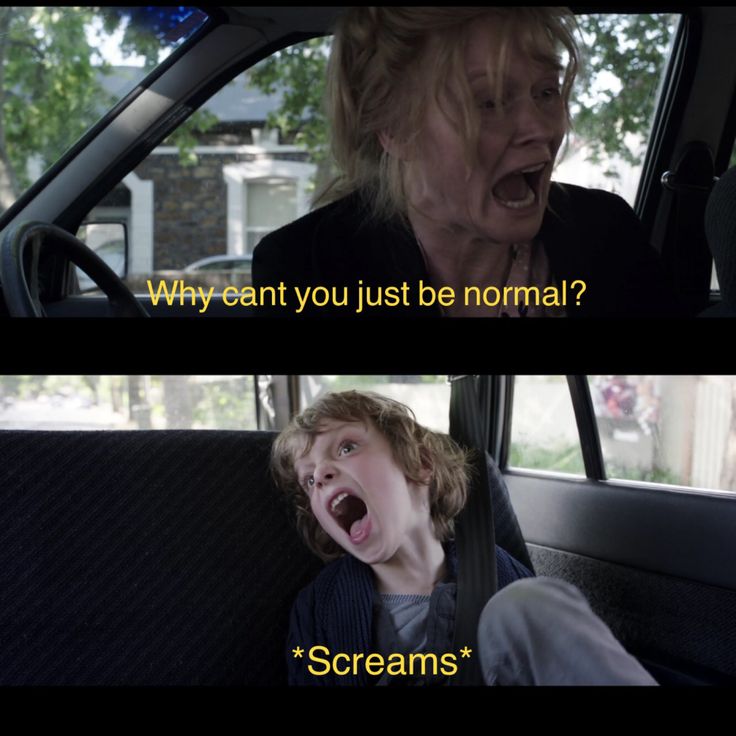
If you’re in need of a health care provider or have questions or concerns, you can find a Banner Health specialist at bannerhealth.com who can help.
Have a happy, healthy pregnancy
For helpful tips to boost your energy and stay healthy throughout your pregnancy, check out the following posts:
- 5 Tips for a Happy and Healthy Pregnancy
- Pregnant and Hungry? A Guide to Eating Right
- Prenatal Screening Tests to Expect Every Trimester
- Driving While Pregnant: Common Questions Answered
- Is a Headache During Pregnancy Something to Worry About?
Women's Health Pregnancy
Join the Conversation
I'm tired of being pregnant, I'm tired of remembering the past with tears
Requests for helpWrite your story
I need help, I can't turn to my relatives, they will condemn me. I have been married for a year and a half, love marriage, good relationship, my husband is not a walker.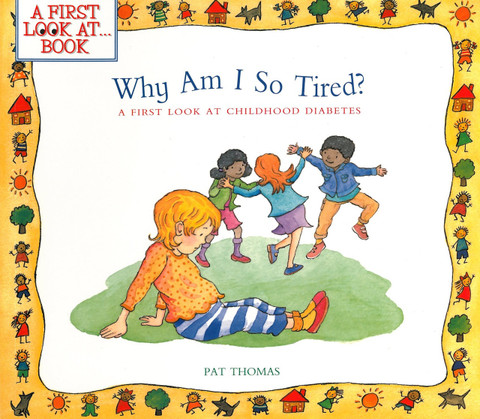
She lost her baby a year ago and has since decided not to have children out of stress.
A few months later I found out about a new pregnancy, we were happy despite later difficulties in bearing, my chronic illnesses and miscarriage as a diagnosis after ultrasound and tests. I quit smoking, didn’t even drink a sip of wine on any holiday, took supplements, vitamins, went to the doctor regularly and took care of the child.
But then everything abruptly passed, or rather changed. My husband often recalled our life before the child-party at night, friends, and then said the phrase that earlier I could at least communicate with someone, although I don’t keep him at home, I don’t read his correspondence, I don’t roll up scandals .. but before the truth was better, fun, there was youth, and now everything is over, he will tie him to the house .. and also sit with him, not work, and my husband always has no stability, that is, I don’t have money .. and I don’t even have anything for myself buy jeans if the old ones are worn out, and then a child . .. and my mother says, they say, why do you need new clothes, you will be at home with him.
.. and my mother says, they say, why do you need new clothes, you will be at home with him.
And then I realized that the little child is my cross. That because of him I refuse fun, from hairdressers, from clothes (no, I'm not one of those who ask for a lot of expensive or cool, iPhones, etc., I just want to look at least somehow), and most importantly, I lose my peace, because mother and mother-in-law said that when there is a child, he yells forever, there is no personal life. I don’t want anything now, I want to work, dress, live for myself, look beautiful as before, now there’s nothing to dye my hair because my husband was left without a job, and the savings go to the child. But I won’t do anything, the birth is in a month, I am against abortion, against leaving him, but I don’t want to live so unhappy either. I hope that I will just die, that the child will be for my husband, he really wants him, talks about him, he will be able to take care of him. In addition, since the fetus is upside down, there will be a caesarean section and I hope that I will suddenly be lucky and I will not survive and become unhappy? A happy life is forever behind, diapers and diapers are not encouraging, I want to die, I think a lot about giving birth to him and if I don’t die in the process, then I will kill myself.
No exit. There is no one to leave him with, his mother-in-law and his son (my husband) do not care, she did not help with a penny, my mother works by the day and earns extra money, my husband and I have no fathers.
Tired of looking random, tired of wearing anything, tired of being pregnant, tired of remembering with tears the past, free from the belly and the child. I love him, but I'm unhappy, I want to die. I pray to God for forgiveness that I want to do this.
I'm scared to leave my family, but I can't do it anymore. Help!!! sorry for a lot of text!
It doesn't matter, age: 08/22/2017
Responses:
Dear girl, you are scared now. But think, because the child will not always be very small. Already at 2-3 years old, you can send your child to kindergarten and you can go to work.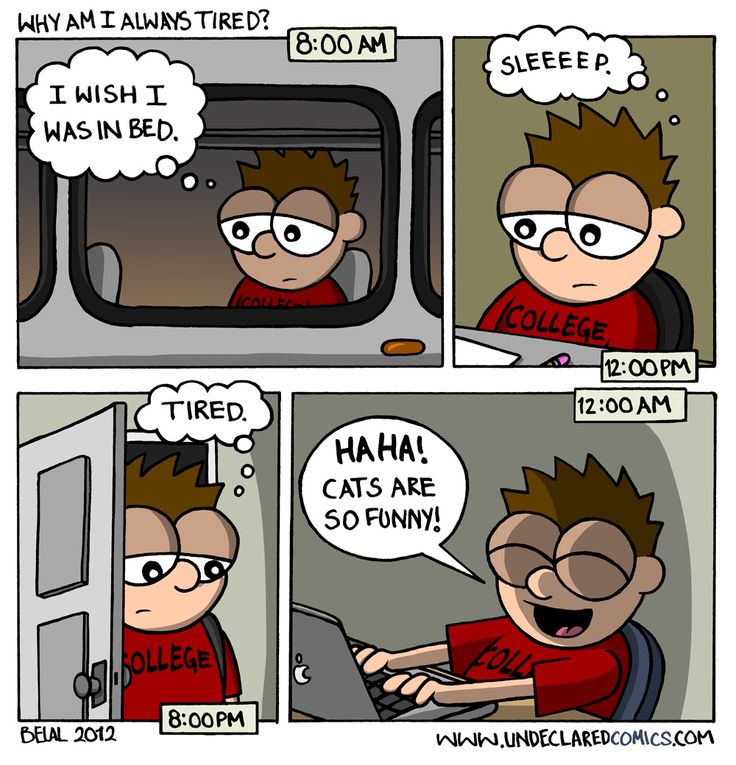 By 2.5 to 3 years old, the child already knows a lot by himself (eat, go to the potty, talk, play on his own). When the baby is born, you yourself will not notice how you begin to enjoy how he grows, changes, learns to do something: the first smile, the first laugh, the first tooth, the first step, the first word. So many interesting things are waiting for you. My daughter says a hundred times a day that she loves me (and at such moments you understand that you do not live in vain). Live!!! After all, a mother is the most important thing for a child. No one will love a child like a mother. It's just that you now have a fear of your new life role - the role of a mother. But trust that everything will be fine! A child is not the end of life, it is the beginning!!! You will have your little man who will always love you!!!! Everything will be fine! Everything will be fine!!!
By 2.5 to 3 years old, the child already knows a lot by himself (eat, go to the potty, talk, play on his own). When the baby is born, you yourself will not notice how you begin to enjoy how he grows, changes, learns to do something: the first smile, the first laugh, the first tooth, the first step, the first word. So many interesting things are waiting for you. My daughter says a hundred times a day that she loves me (and at such moments you understand that you do not live in vain). Live!!! After all, a mother is the most important thing for a child. No one will love a child like a mother. It's just that you now have a fear of your new life role - the role of a mother. But trust that everything will be fine! A child is not the end of life, it is the beginning!!! You will have your little man who will always love you!!!! Everything will be fine! Everything will be fine!!!
Rybka, age: 08/26/2017
Hello! In your message, I recognized myself a little when I was expecting my first child 10 years ago. Also fear, pain, the end of all life, etc. Then it helped me that somewhere in the depths of my soul I understood that everything I I think it’s just thoughts that will go away sooner or later. As soon as the wave hits, I immediately told myself Everything will pass, it’s just fears, everything will be fine with me. It helped, oddly enough! walks, cake, do what you like. The Internet will help you if you don’t have girlfriends. It will be great if you can talk to a psychologist. It helped me. When the baby is born, the life of the whole family will change. something interesting. Do not wind yourself up in advance. Happiness to you. The Lord is with you.
Also fear, pain, the end of all life, etc. Then it helped me that somewhere in the depths of my soul I understood that everything I I think it’s just thoughts that will go away sooner or later. As soon as the wave hits, I immediately told myself Everything will pass, it’s just fears, everything will be fine with me. It helped, oddly enough! walks, cake, do what you like. The Internet will help you if you don’t have girlfriends. It will be great if you can talk to a psychologist. It helped me. When the baby is born, the life of the whole family will change. something interesting. Do not wind yourself up in advance. Happiness to you. The Lord is with you.
Katya, age: 37/08/28/2017
Pregnancy is associated with hormonal changes, and this is an unstable mood and depression. Of course, it is difficult for you now, the way of life, the way of life of the whole family has changed. But is it so difficult with the baby and will it always be so? The first 2-4 months will be difficult, as cleanliness will be needed, these are diaper nipples. And then ... the child can be taken with you. I know a young mother who even went to the mountains with a six-month-old baby. Therefore, everything will depend on you and your husband. Do not panic. Well done for giving up alcohol and smoking, it's really harmful - both for the baby and for you. But from meetings with friends, care about appearance is not necessary to refuse. Yes, there will be certain expenses for the child (carriage-crib-toys-food, clothes), but they are not so great. At least once a week, you can afford to go at least to the cinema or go to nature. If you are used to an active lifestyle, then do not sit locked up.
And then ... the child can be taken with you. I know a young mother who even went to the mountains with a six-month-old baby. Therefore, everything will depend on you and your husband. Do not panic. Well done for giving up alcohol and smoking, it's really harmful - both for the baby and for you. But from meetings with friends, care about appearance is not necessary to refuse. Yes, there will be certain expenses for the child (carriage-crib-toys-food, clothes), but they are not so great. At least once a week, you can afford to go at least to the cinema or go to nature. If you are used to an active lifestyle, then do not sit locked up.
Julia, age: 30 / 08/28/2017
Hello. Most likely, your condition is associated with hormonal changes in the body, plus anxiety from the upcoming birth and, of course, fatigue. I think when the baby is born, you will become an absolutely happy mommy and will never exchange your little blood for walks with friends, alcohol and so on.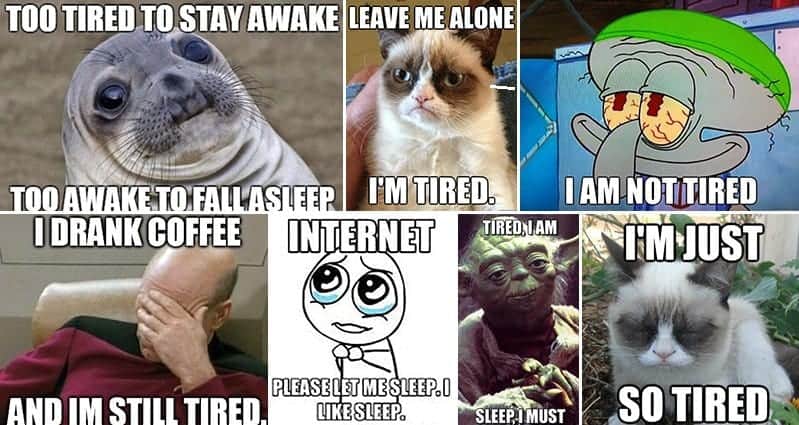 Try to be charged with positive thoughts, think about good things, do some needlework, knit things, or embroider on your child's clothes. Yes, a baby is a responsibility, but you have a family, you are adults and you will definitely cope with the new role of parents! Easy childbirth!
Try to be charged with positive thoughts, think about good things, do some needlework, knit things, or embroider on your child's clothes. Yes, a baby is a responsibility, but you have a family, you are adults and you will definitely cope with the new role of parents! Easy childbirth!
Irina, age: 08/29/2017
After giving birth, I went to the hairdresser's for the first time about six months later. Before that, there was no time for myself. Then it will get easier. Now you don’t have to feel sorry for yourself, but prepare for childbirth, learn to breathe correctly, read on the Internet how to care for him. This is a very responsible matter, a new person on this earth depends on you. And if your mother was also worried when she wore you, you would like it - I think not. Hold on.
Lena, age: 35/08/28/2017
Hello! Well, you've screwed yourself up! :) Look: hormones change during pregnancy. Because of this, women feel differently than usual. Sad thoughts, tearfulness, fears, and so on may appear. These are hormones. After childbirth, all this will pass. You are now a little how to say it - you are not yourself. But it happens to everyone, not just you. normal physiology.
Because of this, women feel differently than usual. Sad thoughts, tearfulness, fears, and so on may appear. These are hormones. After childbirth, all this will pass. You are now a little how to say it - you are not yourself. But it happens to everyone, not just you. normal physiology.
There may be no logic in reasoning, but now it seems to you that it’s terrible, what serious problems, that there are no new jeans or you can’t go to the hairdresser. It's not a problem at all, trust me. Everything will be in your life later - beauty, travel, and an interesting, rich life. Everything will be fine. If God gives a child, then He will also provide means for his maintenance. There is no need to doubt it.
You tune in positively, and do not believe these gloomy thoughts. A child is a great joy. This is something wonderful and amazing. You will love him very much, and there will be so much good and new! And tell your husband that everything will be fine. What is there to be sad about? Think about going somewhere. Well, then you will walk more and ride with the baby already. Of course, marriage and the birth of a child imposes some restrictions, but one should not think that it will be bad for everyone.
Well, then you will walk more and ride with the baby already. Of course, marriage and the birth of a child imposes some restrictions, but one should not think that it will be bad for everyone.
And you will give birth, do not worry. Everything will be fine. Now medicine has advanced so much that everyone gives birth and very well. If the presentation is incorrect, then doctors often simply turn the child before childbirth as it should, and that's it. Don't worry. You are young, strong and you will definitely cope. And only then how much joy will be - and not to convey.
And you are great for taking care of your health, this is very important.
Do not frighten yourself with all sorts of speculation, think only about the good, and everything will be fine.
And as for things for the baby - yes, often they are simply given by acquaintances. If the situation is difficult, you can look at the forums for young mothers, where often people are ready to give away cribs and strollers and things for free, because all this is needed for a short time, and then the child has grown up - and that's it.
The baby needs very little. The main thing is that dad and mom love and care.
If sad thoughts roll over, be baptized immediately and say: Thank God. And all will be well.
Olya, age: 42/08/28/2017
I want to add something else to what "Rybka" wrote to you - yes - after the birth of a child, you will for some time give up "... fun, hairdressing, clothes ...", but youth is not eternal - over time, you will refuse this anyway, but who will be with you in your declining years - lonely old age, or loving children and grandchildren? Children are our continuation - they lead us to the last line and continue our life path. You mentioned God here - ask and pray - the Lord will help, if possible attend services at least on Sundays, confess and take communion. And at many Temples there is a service for exchanging things - they can help with clothes and you yourself can bring something you don’t need and also help other people. God's help to your family and Guardian Angel!
Michael, age: 48 / 08/28/2017
Previous requestNext request
Return to the beginning of the section
| Printable version |
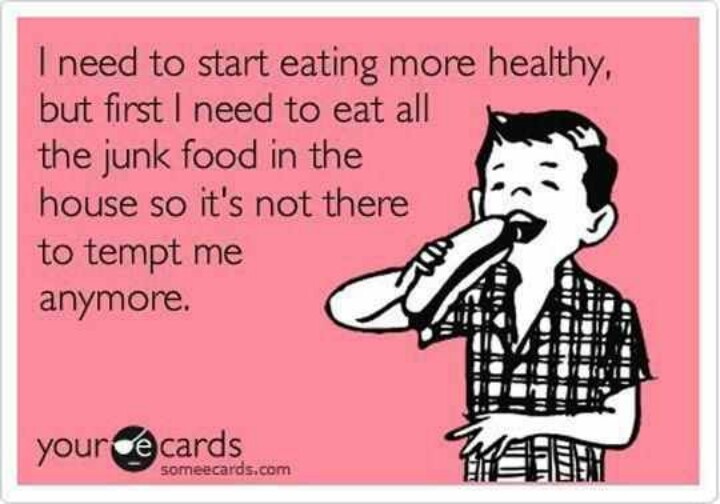 12.2012 19:49
12.2012 19:49  12.2012 20:13
12.2012 20:13  I.P.
I.P.  12.2012 21:05
12.2012 21:05  I.P.
I.P.  5-2 liters. Naturally, this does not include fruits, soups and other containing liquid.
5-2 liters. Naturally, this does not include fruits, soups and other containing liquid.  12.2012 10:36
12.2012 10:36  So I'm sharing my passion! ))))
So I'm sharing my passion! ))))  And I was a hippopotamus, and all the delights of pregnancy were, except for toxicosis, but from one movement of the baby, the whole discomfort disappeared.Now I would give everything for difficult 9months... But the transient IVF-protocol was just recently behind... That's where the tears were...
And I was a hippopotamus, and all the delights of pregnancy were, except for toxicosis, but from one movement of the baby, the whole discomfort disappeared.Now I would give everything for difficult 9months... But the transient IVF-protocol was just recently behind... That's where the tears were...  I.P.
I.P. 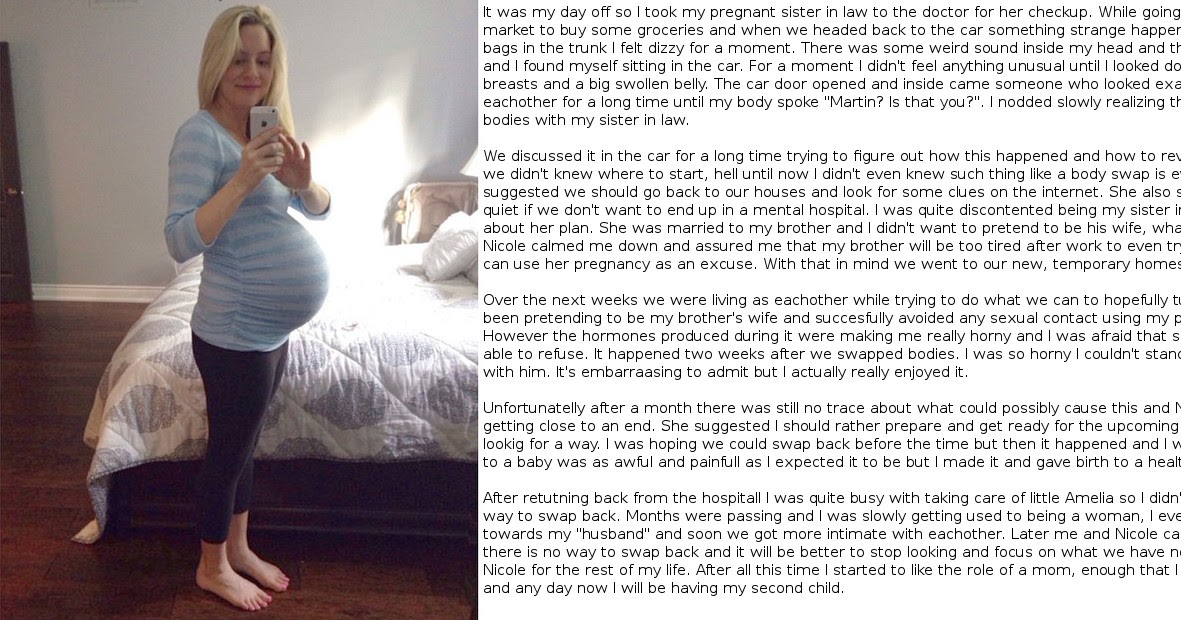 12.2012 01:53
12.2012 01:53  She looks at me like that and says: "YEAH, RIGHT NOW YOU HAVE RUN FOR YOU TO PULL THE PIPES. This happened on the CTG, I already had a sensor blown off.
She looks at me like that and says: "YEAH, RIGHT NOW YOU HAVE RUN FOR YOU TO PULL THE PIPES. This happened on the CTG, I already had a sensor blown off.  ..
..  I think almost everyone experiences this condition by the time of 34+ weeks (although with 1 child at 21 years old :-) I didn’t feel my stomach and didn’t get tired by the end B) So your condition is familiar and understandable to many, but there is nowhere to go, just wait, and try all the same at the end of the B way to relax, be "cheerful, cheerful"!
I think almost everyone experiences this condition by the time of 34+ weeks (although with 1 child at 21 years old :-) I didn’t feel my stomach and didn’t get tired by the end B) So your condition is familiar and understandable to many, but there is nowhere to go, just wait, and try all the same at the end of the B way to relax, be "cheerful, cheerful"!  .. from the first day of pregnancy to the last, I knew for sure how I would miss kicks in my stomach, this magical communication through the wall of my stomach ...
.. from the first day of pregnancy to the last, I knew for sure how I would miss kicks in my stomach, this magical communication through the wall of my stomach ... 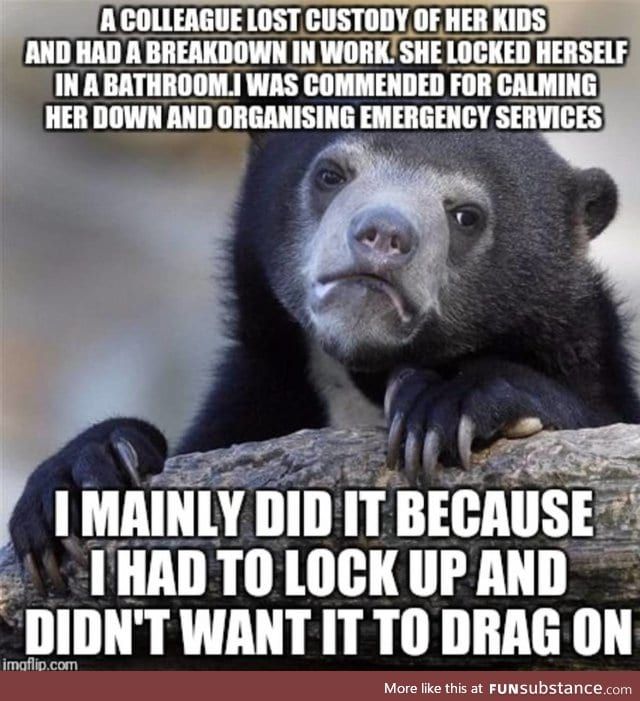 We'll be watching for a week to see how things unfold. The diet has become tougher, plus complete rest, I pass tests every day. Something starts shaking me again.
We'll be watching for a week to see how things unfold. The diet has become tougher, plus complete rest, I pass tests every day. Something starts shaking me again. 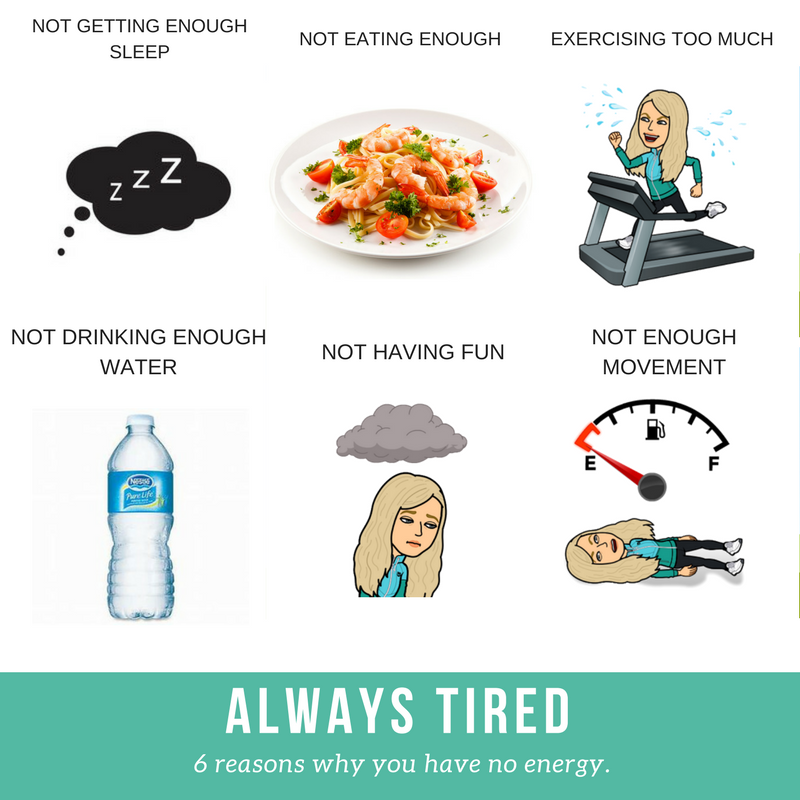 Any repetition of what was eaten yesterday in the menu from the series: "Yesterday it was digested, we must eat the same a little today!" most often led to long meetings on the "white friend", forcing the body to part with all the food that it managed to get into ... Everything will be fine, two weeks left :-)
Any repetition of what was eaten yesterday in the menu from the series: "Yesterday it was digested, we must eat the same a little today!" most often led to long meetings on the "white friend", forcing the body to part with all the food that it managed to get into ... Everything will be fine, two weeks left :-) 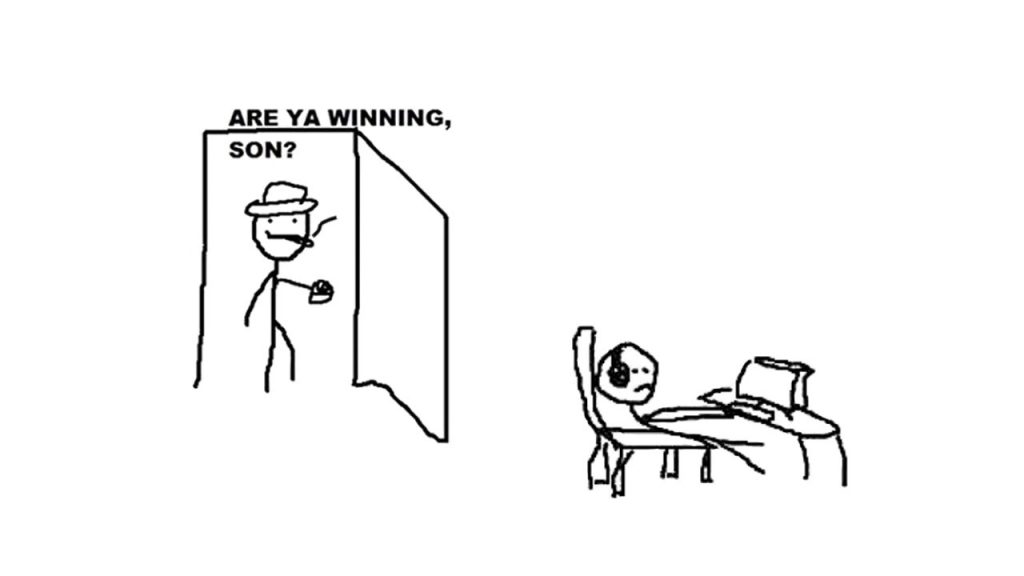 12.2012 02:02
12.2012 02:02 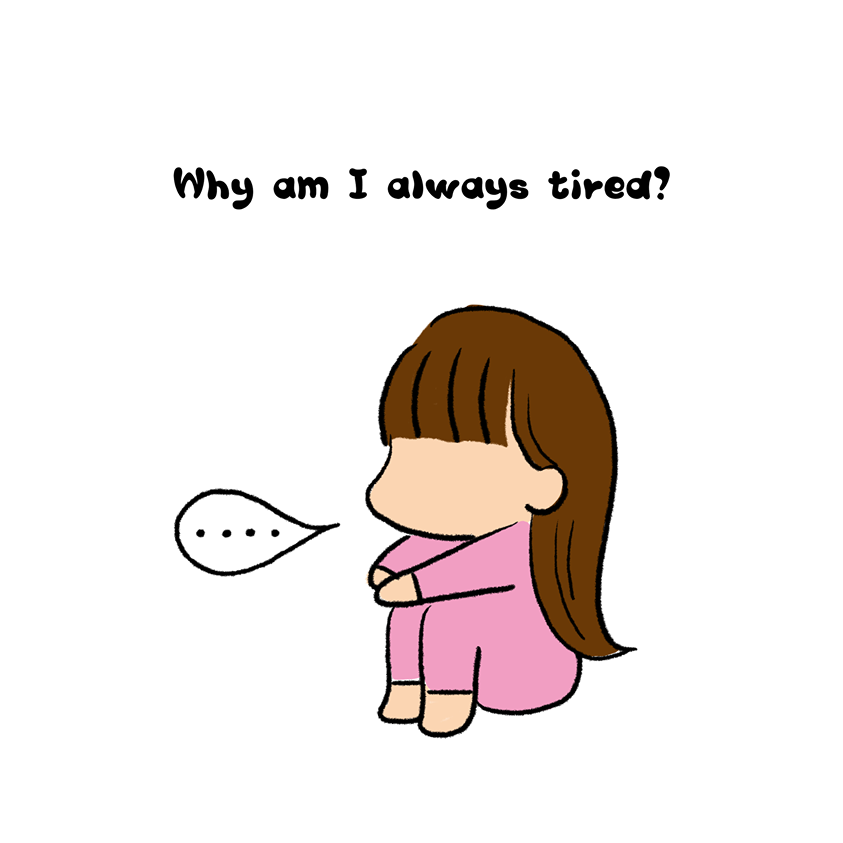
 The realization that life is inside you, little man...everyone is different.
The realization that life is inside you, little man...everyone is different.  12.2012 18:06
12.2012 18:06  It’s just that now you can completely “fall apart” if you decide to hit hard on self-pity. Everything will be just fine, and the tests will improve, and it won’t be long to walk like a hippo ... nose up.
It’s just that now you can completely “fall apart” if you decide to hit hard on self-pity. Everything will be just fine, and the tests will improve, and it won’t be long to walk like a hippo ... nose up.  ...
...  Be patient!
Be patient! 
